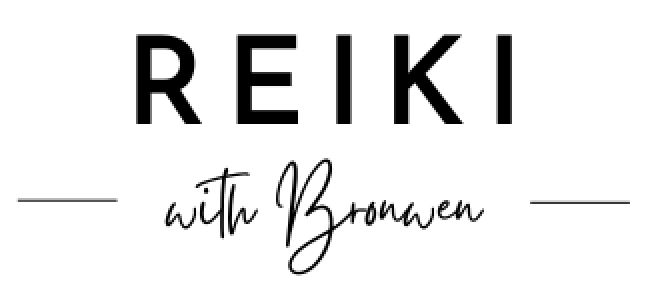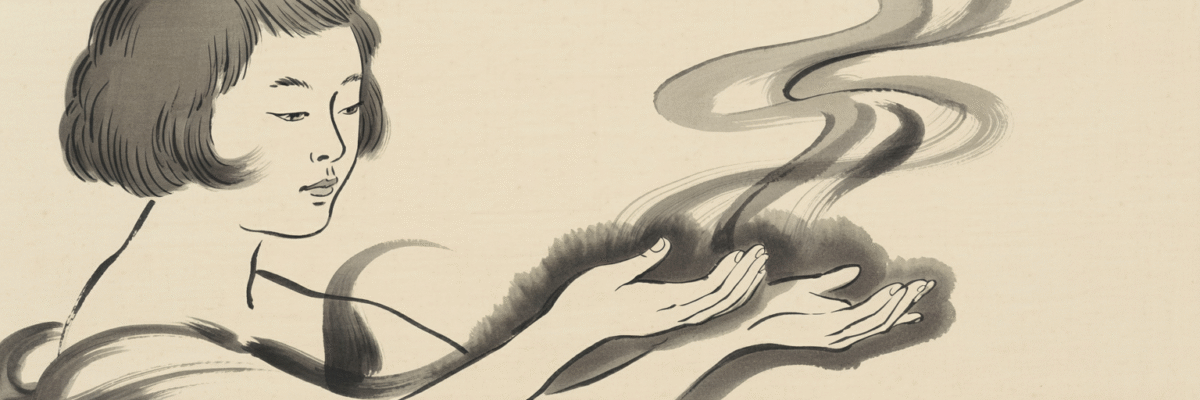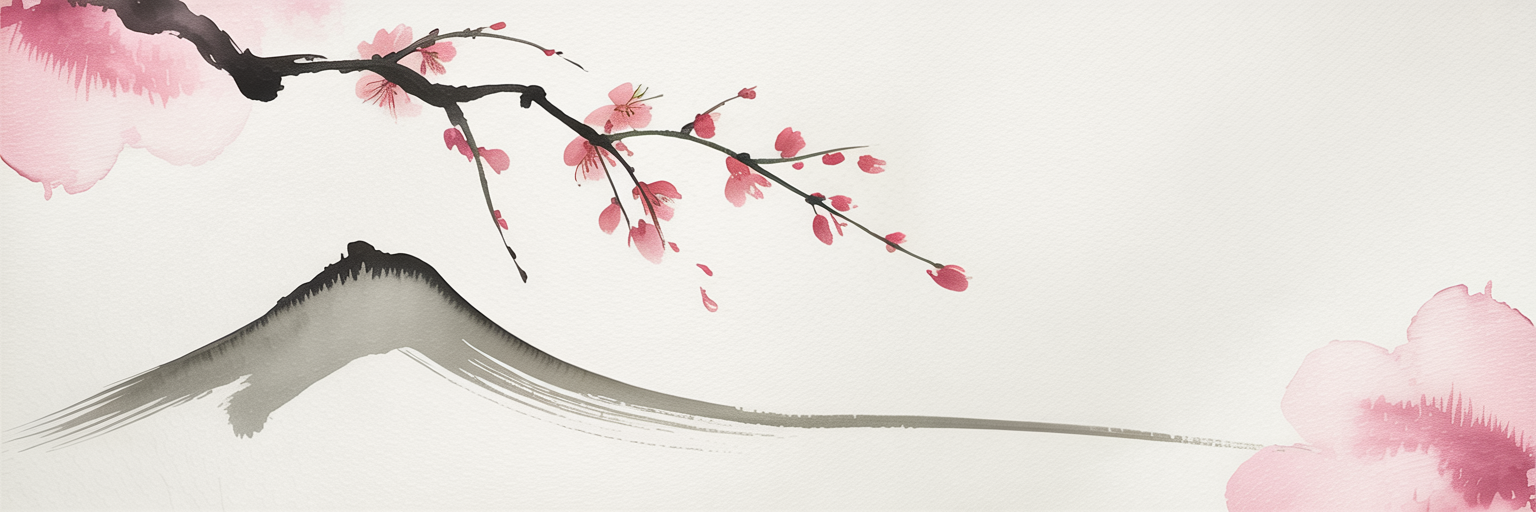
Reiki Research: Learning Reiki Fights Burnout
October 24, 2025
Reiki Research: Self-Efficacy Enhances Reiki’s Benefits for Breast Cancer Patients
November 12, 2025Reiki Shows Progressive Improvement in Mood & Well-Being
Randomised Controlled Single-Blind Trial
Researchers: Deborah Bowden, MEd • Lorna Goddard • John Gruzelier, PhD
Psychology Department, Goldsmiths, University of London
Evidence-Based Complementary and Alternative Medicine • 2011
Study at a Glance
Participants
40 Students
20 high anxiety/depression20 low anxiety/depression
Sessions
6 × 30 min
Over 2-8 weeksFollow-up
5 weeks
After final sessionStudy Design
Single-Blind
Controlled for placebo🎯 Main Finding
Students with high anxiety and/or depression who received Reiki showed progressive improvement in overall mood that was significantly better at 5-week follow-up, while no change was seen in controls.
Mood Improvements in High Anxiety/Depression Group
Measured using Depression, Anxiety and Stress Scale (DASS)
📈 Higher scores = MORE distress | 📉 Lower scores = LESS distress
(More distress)
(Less distress)
⚠️ Important Note
Benefits were specific to those with high anxiety/depression. Students with low anxiety/depression showed no significant changes (suggesting Reiki may be most beneficial for those experiencing elevated mood symptoms).
Key Results for High Anxiety/Depression Group
Remember: In these measures, higher scores mean MORE distress. The goal is to see scores go DOWN.
- Stress: Reduced from 11.2 to 7.7 (31% improvement) at follow-up
- Depression: Reduced from 7.4 to 4.7 (36% improvement) at follow-up
- Anxiety: Reduced from 7.2 to 5.4 (25% improvement) at follow-up
- Overall Mood: Progressive improvement that strengthened over time
- Control Group: No improvements; anxiety actually increased
How the Study Worked: The Blinding Method
The Challenge: How do you test if Reiki works without participants knowing whether they’re receiving it?
The Solution: All participants (both Reiki and control groups) listened to a 25-minute guided relaxation through headphones while blindfolded. During this time:
- The Reiki practitioner sat about 1 meter behind each participant
- For the Reiki group: non-contact Reiki was sent (hands 3-30 inches from body)
- For the control group: the practitioner sat behind them but sent no Reiki
- Participants wore blindfolds and headphones, so they couldn’t detect any difference
Why This Matters: This design controlled for both the relaxation effect (everyone got that) and placebo expectations (participants didn’t know if they were receiving Reiki). Any differences must be due to the Reiki itself.
Success: At the end of the study, most participants in both groups either believed they weren’t receiving Reiki or weren’t sure – showing the blinding worked!
Study Details
Design: Randomised controlled single-blind trial
Participants: 40 university students (37 female, 4 male, ages 18-43)
Groups: Randomly assigned to Reiki or Control, stratified by mood level
Intervention: Six 30-minute sessions over 2-8 weeks with guided relaxation
Reiki Style: Combination including Ascension Reiki, administered by Master-Teacher level practitioner with 4 years experience
Assessment: Validated psychological measures at baseline, post-treatment, and 5-week follow-up
Measures Used:
- Depression, Anxiety and Stress Scale (DASS21)
- Hospital Anxiety and Depression Scale (HADS)
- Pittsburgh Quality of Sleep Index (PSQI)
- Activation-Deactivation Adjective Check List (AD-ACL)
What Makes This Study Strong
✓ Scientific Rigor
- Randomised: Participants randomly assigned to groups
- Controlled: Control group for comparison
- Single-blind: Participants didn’t know which group they were in
- Controlled for relaxation: Both groups received guided relaxation
- Controlled for placebo: Blinding eliminated expectation effects
- Follow-up: Measured lasting effects 5 weeks later
- Validated measures: Used established psychological assessment tools
- Published: Peer-reviewed scientific journal
What This Study Shows
- Reiki benefits appear to be genuine and not due to relaxation or placebo
- Effects build progressively over time rather than being immediate
- Benefits are maintained (and even improve) weeks after sessions end
- May be particularly helpful for people experiencing elevated anxiety, depression, or stress
- Effects are specific to Reiki, as the control group showed no improvement
Study Context
This study is a constructive replication of an earlier trial by the same research team (2010), which also found mood and health benefits for Reiki. Together, these studies provide consistent evidence that Reiki may benefit mood, particularly for those experiencing emotional distress.
You can find the original detailed findings published here written up by Deborah Bowden et al.
https://doi.org/10.1155/2011/381862
For more Reiki research graphs and blogs.





